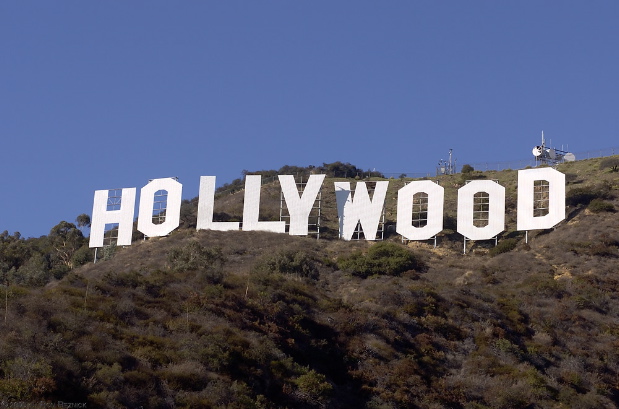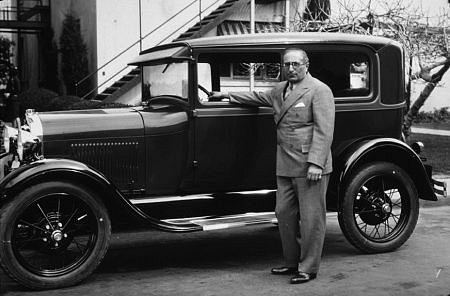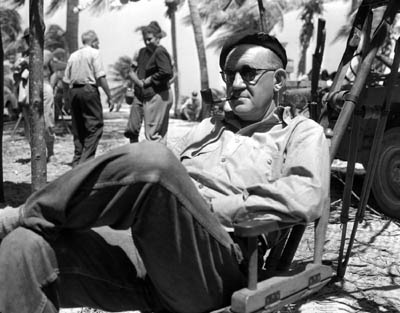
One
of the enduring myths of Hollywood is that the town is an eternal
battleground between art and commerce — between studio executives who
only care about money and filmmakers who only care about art.
The truth is that movies have been, almost since the moment they were
invented, a popular art form. They attracted, for the most part,
popular artists — which is to say, artists who wanted to reach large
audiences. Long before there was an established studio system run
by corporate functionaries, filmmakers courted a mass audience and
reached it. The financial returns that followed created the industry that corporations at once set about dominating and controlling.

The art of cinema was created by the same people who created the mass
market for films — Griffith, Chaplin, Pickford, Keaton, Lloyd.
Because they were popular artists, commerce was an intimate aspect of
their endeavor. The corporate executives who took over the
industry these artists created were by no means more
interested in the box office than the artists had been — they were
interested in power and turning the art form into a more predictable
revenue source . . . interests which often conflicted with maximum
box-office potential.

When executives and filmmakers clashed over the content of films, it
was not a battle between art and commerce — it was a battle between
popular artists who actually knew how to make popular films and
bean-counters who thought they knew better. Since the
bean-counters quickly gained a virtual monopoly over the distribution
of films, they had the last word, and also the ability to insure that
this word could never be challenged, since the overruled filmmakers had
no practical way of getting films before the public without the
bean-counters' consent.

John Ford fought constantly with studio executives and, by his account,
never won a single battle with them — but does anyone seriously
believe that Ford, one of the most consistently successful popular
artists since Dickens, was fighting for some private, noncommercial artistic vision? Ford did make a few films, like The Fugitive,
which he may have known in advance would not be wildly commercial, but
for the most part he wanted to address a mass audience as effectively
as possible. For a genuine popular artist like Ford — or Dickens, or Shakespeare, for that matter — there is no
conflict between art and commerce.
Ford was fighting against executives who could not have created a
popular work of art if their lives depended on it, executives who only
managed and bullied and second-guessed those who could create such
works. The real issue was not art or commerce — it was
power. Without their corporate control of the means of film
distribution, these executives would have remained in the realm of
exhibition, from which most of them emerged and where they belonged.
Hollywood in truth has been a battleground between monopoly and a free
market, between corporate standardization and homogenization and
entrepreneurial innovation. The conflict between art and commerce
has been nothing more than a smokescreen.
